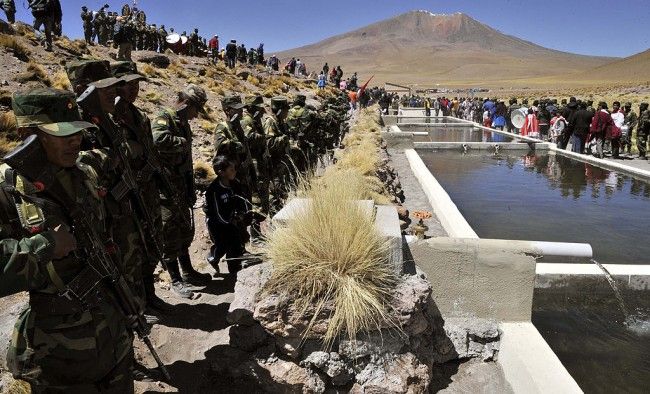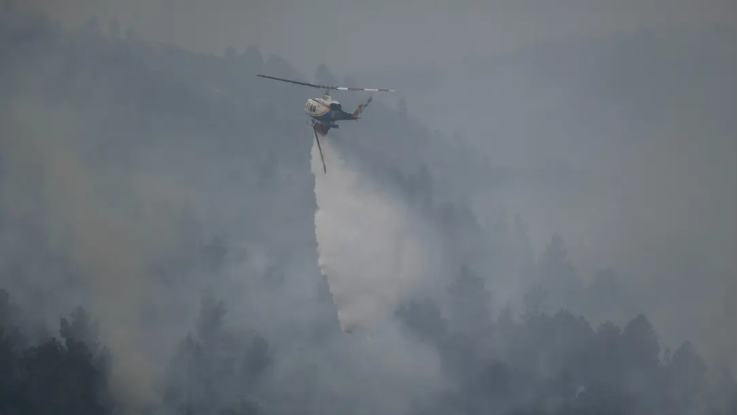Chile-Bolivia River Dispute: No Ruling Issued By ICJ
On Thursday, the International Court of Justice (ICJ) refrained from issuing a judgment in a climate-fueled dispute between Chile and Bolivia over the Silala River, citing that the Latin American neighbors have already agreed on how the water should be managed.

Facts
- On Thursday, the International Court of Justice (ICJ) refrained from issuing a judgment in a climate-fueled dispute between Chile and Bolivia over the Silala River, citing that the Latin American neighbors have already agreed on how the water should be managed.
- "It is an international watercourse, as both parties now agree," the Hague-based UN court said, adding the international law applies to both "naturally flowing" and "artificially enhanced" surface flow on the river.
- This confirms the Latin American neighbors' – who have had no diplomatic relations since 1978 – equal rights to the Silala river, which flows from Bolivia's high-altitude wetlands into Chile's Atacama Desert.
- In 2016, parched Chile filed a lawsuit calling on the ICJ to declare the Silala an international waterway after landlocked Bolivia demanded that it pay compensation for the use of the water.
- Bolivia had maintained that Silala lacked "any characteristic of a river, let alone of an international river of a successive course." It instead described it as "artificially enhanced" wetlands originating from springs on the Bolivian side of the border.
- Chile is currently in the middle of a 13-year massive drought, while the world's largest wetlands in Bolivia — the Pantanal — is experiencing its worst drought in 47 years.
Sources: Associated Press, Al Jazeera, Manila Times, Reuters, Latin Post, and France24.
Narratives
- Narrative A, as provided by DW. With global climate change causing severe scarcity of freshwater, the agreement creates a win-win for millions of vulnerable people. By mutually resolving the controversy, the two neighbors have not only successfully opened the river for use, but also demonstrated an exemplar model of international cooperation.
- Narrative B, as provided by Al Jazeera. The ICJ's so-called decision has no real binding force. Bolivia and Chile have been at odds for decades, and historical friction and lack of diplomatic relations may weaken the cooperation in no time. Further, massive droughts on both sides of the border could potentially hinder adroit management of the River in the long run. While the resolution is undoubtedly a positive outcome, it's only the first step in repairing relations between the two nations.






